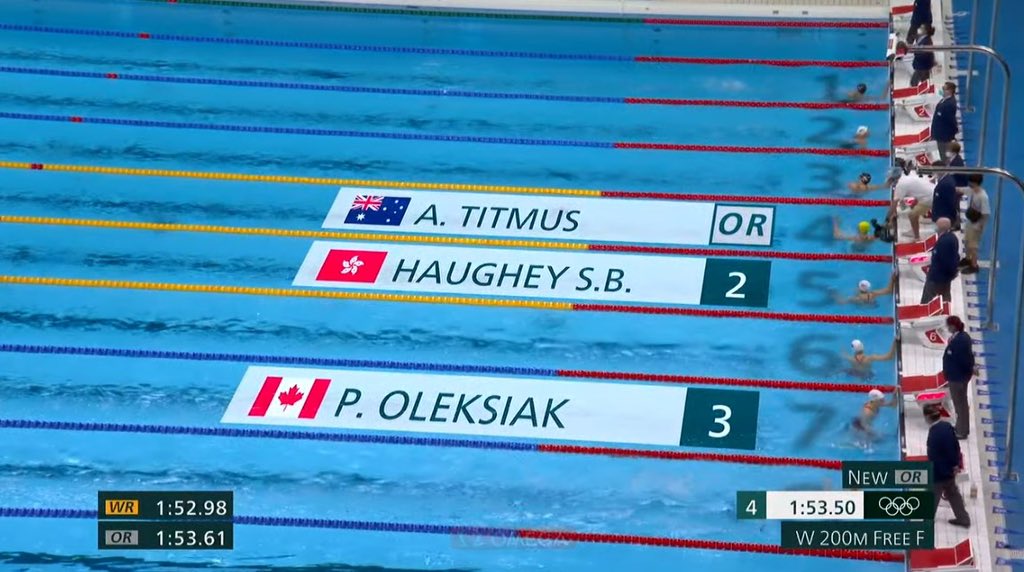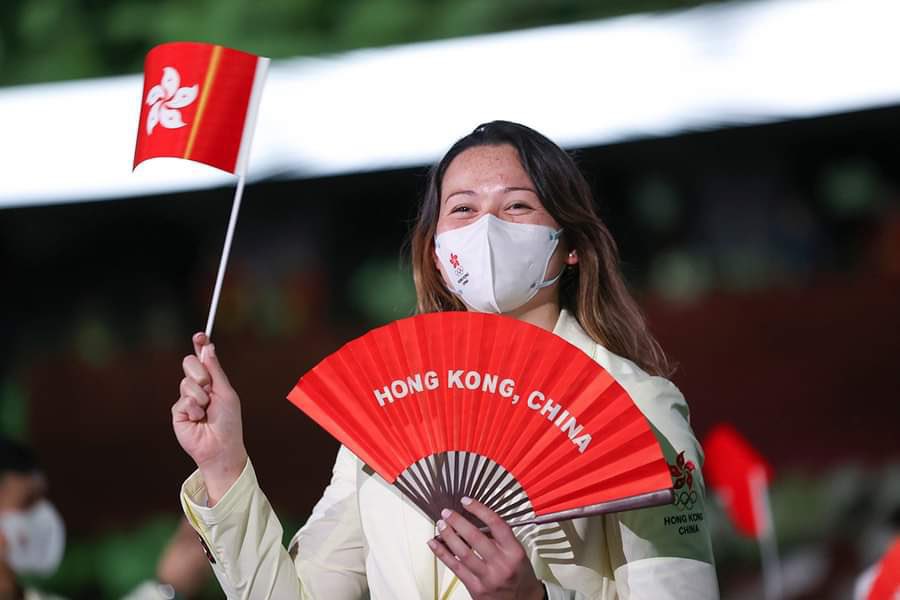
Dr Tony Holohan: "2% of cases are being hospitalised."
This is significantly down on previous waves due to vaccination programme.
This is significantly down on previous waves due to vaccination programme.
Ronan Glynn: "Vaccination is having a very positive impact on the risk profile of COVID-19 in Ireland." 

Latest press briefing at the Department of Health underway shortly.
Note of hope from Dr Ronan Glynn.
Over the past week, the countries with the worst incidence rates have seen some stabilisation.
He says however that there is some level of uncertainty for the next number of weeks.
Over the past week, the countries with the worst incidence rates have seen some stabilisation.
He says however that there is some level of uncertainty for the next number of weeks.
Length of stay in hospital is shortening. That suggests that vaccination is offering additional protection to people who are admitted to hospital.
15 days -> down to 7 days on average. That's why the admissions figure is not leading to significantly higher numbers in hospital
15 days -> down to 7 days on average. That's why the admissions figure is not leading to significantly higher numbers in hospital
Nolan: Most cases are unvaccinated, younger people (as per contact tracing).
"Relatively few cases in older people. Majority of cases in those cohorts are going to occur among vaccinated people."
"Relatively few cases in older people. Majority of cases in those cohorts are going to occur among vaccinated people."
Quite an optimistic view from Tony Holohan. I ask are we tracking better than predicted with regard to #Delta.
He says "reasons for optimism" - particularly due to vaccine uptake which is among the "best in the world."
He says "reasons for optimism" - particularly due to vaccine uptake which is among the "best in the world."
Holohan: We may be "weeks" away from a situation where we can move away from restrictions on society and economy. The more vaccines we get done, the sooner we'll be out of all of this.
That day may be sooner than we think.
That day may be sooner than we think.
Nolan says he does NOT expect to have to track huge waves of infection because the Irish people have shown themselves able to read risk.
There was a rise in social contacts and travel when it was allowed - but it's not sustained.
There was a rise in social contacts and travel when it was allowed - but it's not sustained.
Prof Karina Butler on the 12-15 vaccines: Says focus groups have shown enthusiasm for vaccines from young people.
She says benefits outweigh risks - and the impact of the pandemic has been severe on kids presenting with anxiety and eating disorders.
She says benefits outweigh risks - and the impact of the pandemic has been severe on kids presenting with anxiety and eating disorders.
Holohan says we're not operating on a 'target' of 90% for herd immunity.
He says we may be able to get to a higher threshold than many other countries.
He says we may be able to get to a higher threshold than many other countries.
Holohan: "Optimistic that our vaccine uptake will be high - very high - by international standards."
"Eliminating the virus" from Ireland is not a realistic objective says Holohan. He says vaccines will reduce transmission but are 'not perfect'. He says we'll get to a 'point' where we achieve protection of the public - but there will still be outbreaks/hospitalisations/deaths.
.@CillianDeGascun says Covid is becoming 'endemic'. It will not be eliminated.
"If you haven't been infected, and you haven't been vaccinated, it's likely only a matter of time before you become infected."
"Our aim," he says, "is to protect as many people as possible."
"If you haven't been infected, and you haven't been vaccinated, it's likely only a matter of time before you become infected."
"Our aim," he says, "is to protect as many people as possible."
Quite a different tone at this briefing, I have to say. Noted positivity of outlook.
Holohan says they’ll be going to Government in the next week and trying to put advice to the Cabinet about “if it’s time to move on, how might we do it.”
A lot of talk about down the road / moving on.
A lot of talk about down the road / moving on.
Glynn: “Reason for optimism when you look at Scotland. That gives us confidence for our own situation in this country.”
He says it’s too early to see the impact of changes in England but Europe is showing some signs of stabilisation.
He says it’s too early to see the impact of changes in England but Europe is showing some signs of stabilisation.
No update on those vaccines from Romania…
“Will we surpass the UK for vaccine uptake?”
Holohan says “it’s a race for ourselves - it’s not about looking at people in the lanes beside us.”
He says it’s better for us if all the countries around us do very well on the vaccines themselves.
Holohan says “it’s a race for ourselves - it’s not about looking at people in the lanes beside us.”
He says it’s better for us if all the countries around us do very well on the vaccines themselves.
All of the positivity from Holohan and NPHET today predicated on finishing the job on vaccines - something they’re confident of doing.
It’s a big shift in tone, but it’s got that caveat running underneath it
It’s a big shift in tone, but it’s got that caveat running underneath it
• • •
Missing some Tweet in this thread? You can try to
force a refresh










